Stop Mixing Business with Pleasure
This post was originally published in the Harvard Business Review.
It may come as news to some (young) people, but business and pleasure are not synonymous. With the Millenials’ exodus to social media platforms from good old-fashioned email accounts, the lines between our business and personal lives are increasingly blurred. We live on our smart phones or blackberries and technology has enabled us to multi-task to such an extent that the once-clear delineations of personal life and work life have all but disappeared.
But with technological interchangeability comes risk — maintaining relationships with friends with whom you do business and keeping business out of the realm of your friendships. The fact remains, however: You should never send a business email disguised as a friendly “hey, how are you?” Conversely, if you’re reaching out as a friend, don’t talk shop. Just as there is separation between church and state, so too do those barriers exist in business and our personal lives.
Under Separate Cover
Andrea, an outgoing sales professional, struggles with this. Andrea sells advertising space to local businesses in cultural magazines and is “friends” with many of her clients — one is a parent from her daughter’s school, she grew up with another, a third is a business owner whose service she likes and uses.
Andrea often sends emails clarifying terms of sale or asking for payment sprinkled in with “see you guys next weekend at Charlie’s!” Or “the dance studio ad looks great! Amy (my youngest) is looking forward to seeing you in class next week.”
Part of what makes Andrea great at her job is the fact that everyone knows and loves her. Her extensive network and great people skills are a true asset to her organization. Yet, in Andrea’s attempt to be friends with everyone, she has repeatedly crossed the lines of business and pleasure. After more than a dozen unpaid or overdue invoices, Andrea has come to see that her friendliness has become a liability.
Andrea can be a friend to her clients and she can turn clients into friends — but she can’t communicate with them on both topics at once. Andrea needs to put to use the simple yet effective concept of “under separate cover” in her communications with clients, especially those that double as friends. Instead of sending her client Susan an email asking about payment and signing off with a “looking forward to seeing you next week” Andrea needs to send two separate emails:
Email 1: Susan, how are you my dear? We’re looking forward to seeing you all at Charlie’s next weekend! FYI, I’m sending you a bill for the May ad under separate cover shortly, just wanted to give you a heads up that it’s coming.
Email 2: Susan, Hello and I hope you are well. Enclosed please find a bill for your May ¼-page ad in the Brooklyn Children’s Museum Guide. We hope you are pleased with the ad; we think it looks great. If you have any questions about your bill or about placing a future order, please don’t hesitate to reach out. I look forward to working with you again soon. Warmly, Andrea.
Susan benefits from the friendliness of the first email and Andrea maintains her utmost professionalism in the second email. Equally important, if Susan needs to forward Andrea’s work email to the accounting department, she can do so easily, without having to redact the letter or explain away an emoticon or mention of Charlie’s 4th birthday. In effect, Andrea makes it easy on Susan to be both friends and business associates by keeping both roles separate.
By the same token, I spend much time pitching Great on the Job (GOTJ) training workshops to HR departments across Wall Street, where I worked for several years. 90% of the time my HR contacts come directly from former colleagues or b-school friends at a particular firm. More often than not, my initial email to a friend or former classmate starts with a casual, intimate chat about family or friends before getting to my ulterior motive: do they have a contact in HR they can refer me to?
Often my friends say yes. I fall all over myself to thank them for the contact (“thank you, I love you, you’re the best!”) and I then announce I will follow up under separate cover with a formal email that they can forward to their HR department. As soon as a third party gets involved, Jodi the “friend” and Jodi, President of Great on the Job, diverge.
In this case, Jodi Glickman, GOTJ professional extraordinaire, swoops in with a smart, classy, proofread email that is client ready. It gets forwarded to HR. I (hopefully) get a meeting and pitch my firm in a similarly formal and professional manner. The HR department never sees the casual banter between my friend and me that led to the introduction to begin with. And thank goodness, because I’m pretty sure they wouldn’t hire me if they did.

